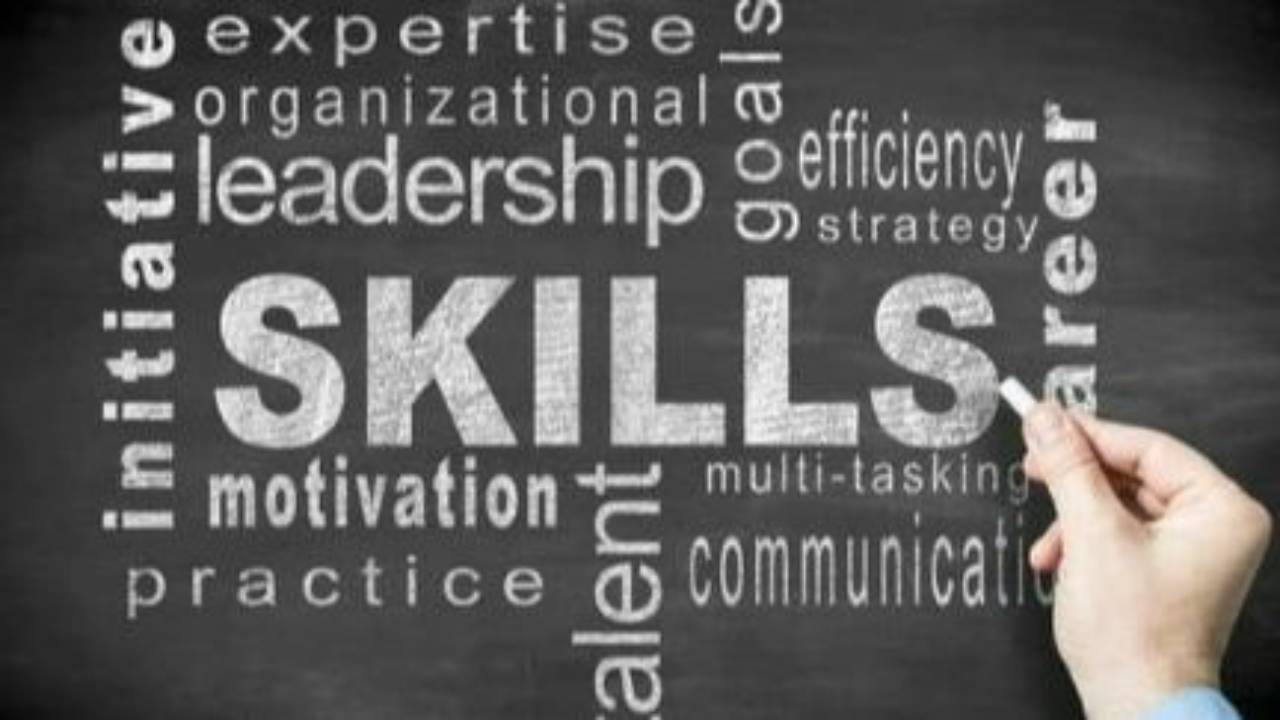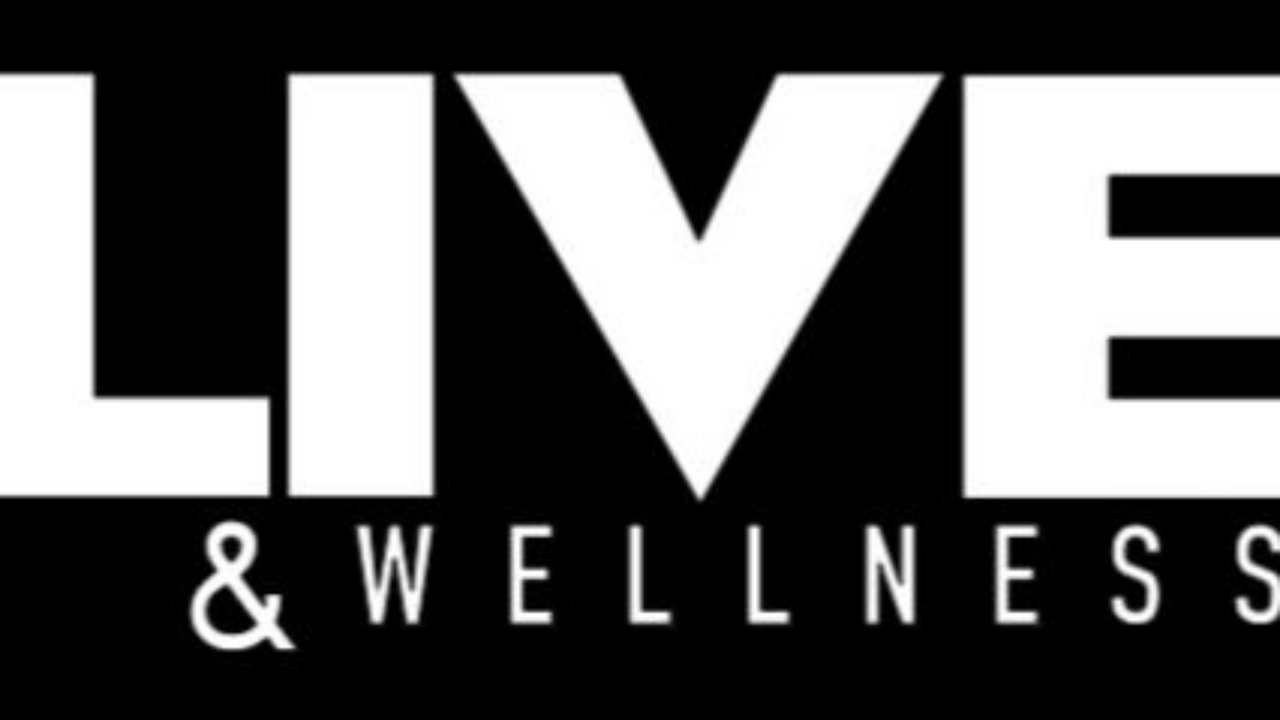Bridging the Healthcare Skills Gap: Key Training Programs for Success
Oct 11, 2024
The advancements of technology have created massive shifts in our society in so many ways (some good, and some maybe less than ideal). One of those ways has been our healthcare industry. Fortunately, technology has helped us advance immensely and provide our patients with possibilities for healing beyond what we used to think was possible. But with this rapid growth of technology, many other important things have fallen by the wayside. Some of those things being: general health and wellness - we focus more on our technology when sometimes the solution maybe something rather simple that already exists in nature. And our training and education programs. Some facilities may use technology to advance and improve their education and training. But this may not always be an option for all facilities. Especially those facilities who may be struggling to even staff their units. Therefore, using technology to help create training programs that can have a far create reach and impact could tremendously help our healthcare professionals.
With increased demands on our healthcare industry stemming from shifting patient needs, an increasing elderly population, and general labor shortage, as well as many other factors - we are seeing a growing skills gap that coincides with all this as well. With all of these stressors on our system, we are seeing our training and education for specific specialties as well (many times simply due to an overall lack of time and resources). But as new technologies emerge and patient expectations evolve, healthcare professionals must continually update their knowledge and skills to stay relevant and effective.
Bridging this gap requires comprehensive and forward-thinking training programs that empower healthcare workers to meet the demands of modern healthcare delivery. Below are some key training programs that can help address the healthcare skills gap and ensure success in this dynamic field.
1. Advanced Clinical Skills and Specialization
Many healthcare professionals are expected to learn certain skills within their training programs. But there are other specialties that require further training beyond your schooling in order to be competent and effective in that specialty. For many healthcare professionals, you may have to find a teaching hospital or facility that is willing to train you in that specialty before being allowed to work independently. These programs can be very difficult to find and also extremely hard to get into at times.
Therefore, if a healthcare professional is looking to switch into a new specialty - even though there may be a plethora of job openings in that area - many of those job openings require previous experience and training - therefore creating a barrier to entry for these professionals.
If specialized training programs existed outside of these healthcare facilities - than we could provide further opportunity to all healthcare professionals. Most training programs that exist are for first timers - these programs are extremely expensive and also completely unnecessary for an already trained healthcare professional. Instead, creating abbreviated specialized training programs that can be completed in shorter periods of time and for less amount of money, would open a whole new level of opportunity to our existing healthcare professionals. This could lower the barrier of entry and create a more multifaceted and well-rounded healthcare personnel as well.
This was one of the many reasons why I created my Phlebotomy Skills 101 Course. Although this course is appropriate for anyone looking to develop their skills in phlebotomy, it was originally designed for healthcare professionals in mind. Individuals who have already completed their schooling, certification, and training - but never received appropriate specialized training in Phlebotomy. This course outlines all of the finite details about phlebotomy that I have learned through my specialty and my training and also as a Phlebotomy Instructor.
But sometimes an Online Course might not be enough. And that is why I also offer In-Person Training for Medical Facilities as well. This allows me to work one-on-one with healthcare professionals to help them improve their skills and grow their confidence. I find that it does not take much for most healthcare professionals. Usually a few pointers and critiques on their technique and then it just clicks for them.
I believe that if we can continue to create more specialized skills courses like this, than we can help bridge the growing skills gap in our healthcare community. These specialized skills courses can range anywhere for Phlebotomy and IV Placement and other specialized clinical skills, to Health and Wellness Courses for Healthcare Professionals, to Leadership, technology, telemedicine, etc. As a community, we will all benefit from having well-rounded and well-versed healthcare professionals.
Ultimately, the success of healthcare depends on the ability of its workforce to adapt, learn, and innovate. Bridging the healthcare skills gap is not only essential for the industry's growth but for ensuring high-quality, accessible care for patients everywhere.


